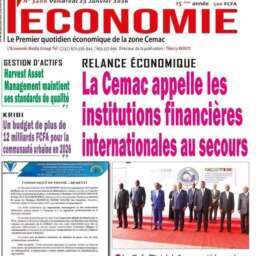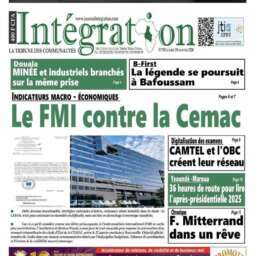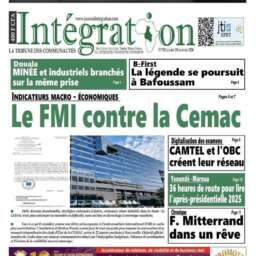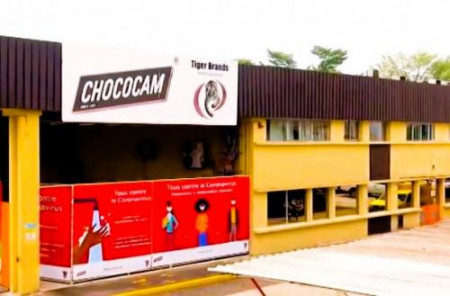- (Business in Cameroon) – BGFIBank arranged a CFA46.68 billion ($76 million) syndicated acquisition loan for Minkama Capital’s purchase of Tiger Brands’ 74.69% stake in Chococam.
- The deal, still pending regulatory approval, signals a strategic shift for Chococam and Tiger Brands in Central Africa.
- The transaction could secure Chococam’s industrial continuity and brand upgrading, depending on debt conditions and supply stability.
According to Business in Cameroon, the sale of Tiger Brands’ 74.69% shareholding in Chocolaterie Confiserie Camerounaise (Chococam) to Minkama Capital is financed through a CFA46.676 billion syndicated loan arranged by BGFIBank SA.
The loan forms the backbone of the acquisition debt package, while both parties remain discreet about the other financial clauses of the sale and purchase agreement (SPA).
Minkama Capital, a private equity fund focused on African consumer goods, partnered with BGFIBank to structure the transaction. The deal represents a strategic milestone for Chococam, Cameroon’s leading chocolate and confectionery producer known for its Mambo and Bonbon Kola brands.
For Tiger Brands, the sale continues a portfolio realignment toward domestic operations and higher-margin segments across Africa.
The transaction remains subject to approval by relevant regulators. It comes amid a challenging period for Tiger Brands, which has been embroiled in a financial dispute with businessman Baba Ahmadou Danpullo. The conflict led to a three-year conservatory seizure of the South African group’s bank accounts in Cameroon.
Analysts view the arrival of a pan-African investor backed by a regional banking arranger as potentially stabilizing for Chococam’s operations. The move could improve access to capital, safeguard production continuity, and elevate brand quality.
However, success will hinge on the cost and terms of the syndicated debt, as well as Chococam’s ability to manage input volatility—particularly cocoa and sugar—and protect brand equity in an increasingly competitive and inflationary market once the acquisition gains final approval.
This article was initially published in French by Amina Malloum
Adapted in English by Ange Jason Quenum



































